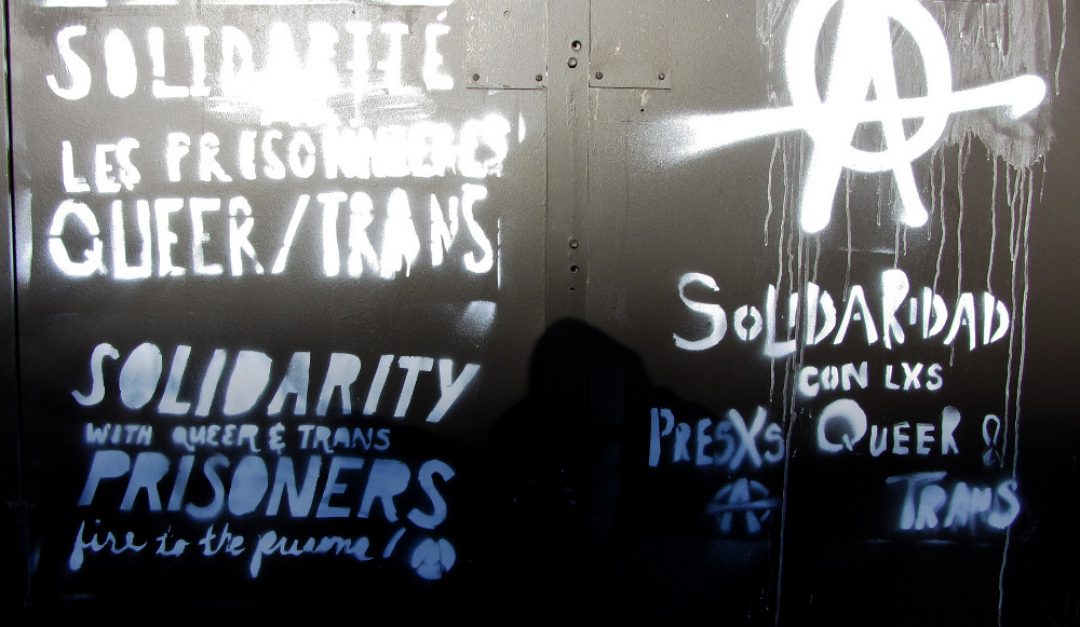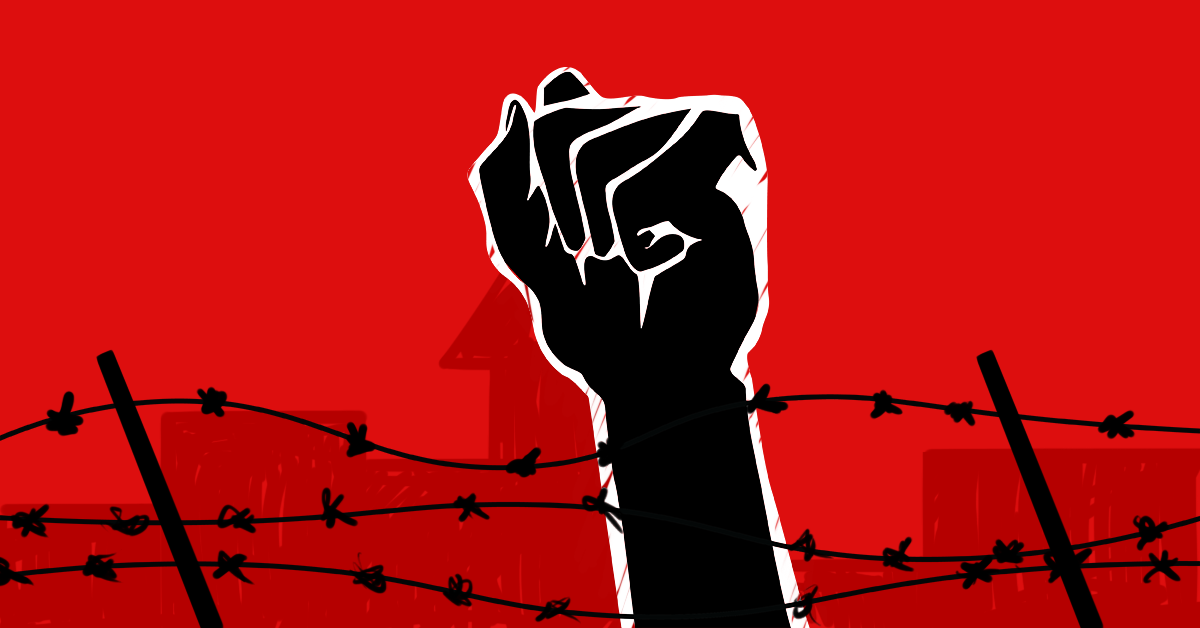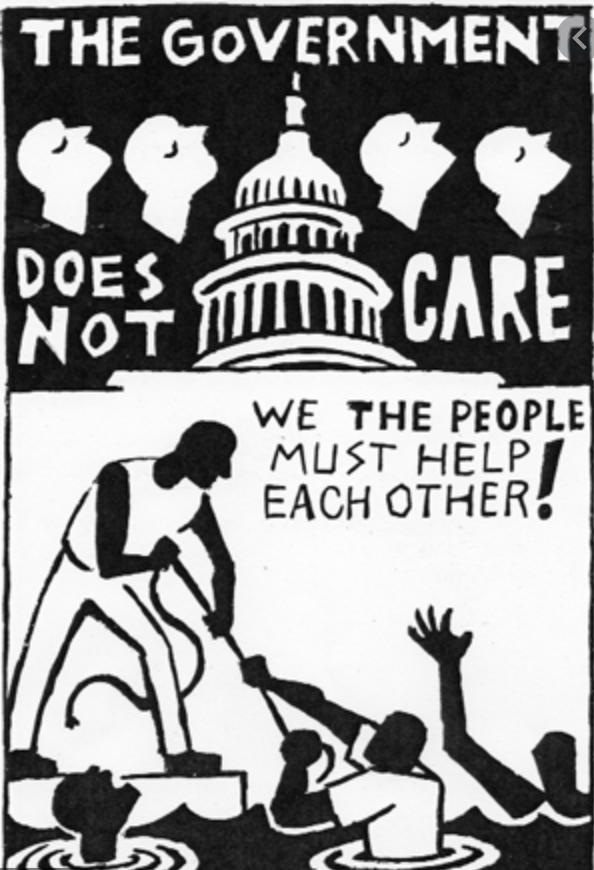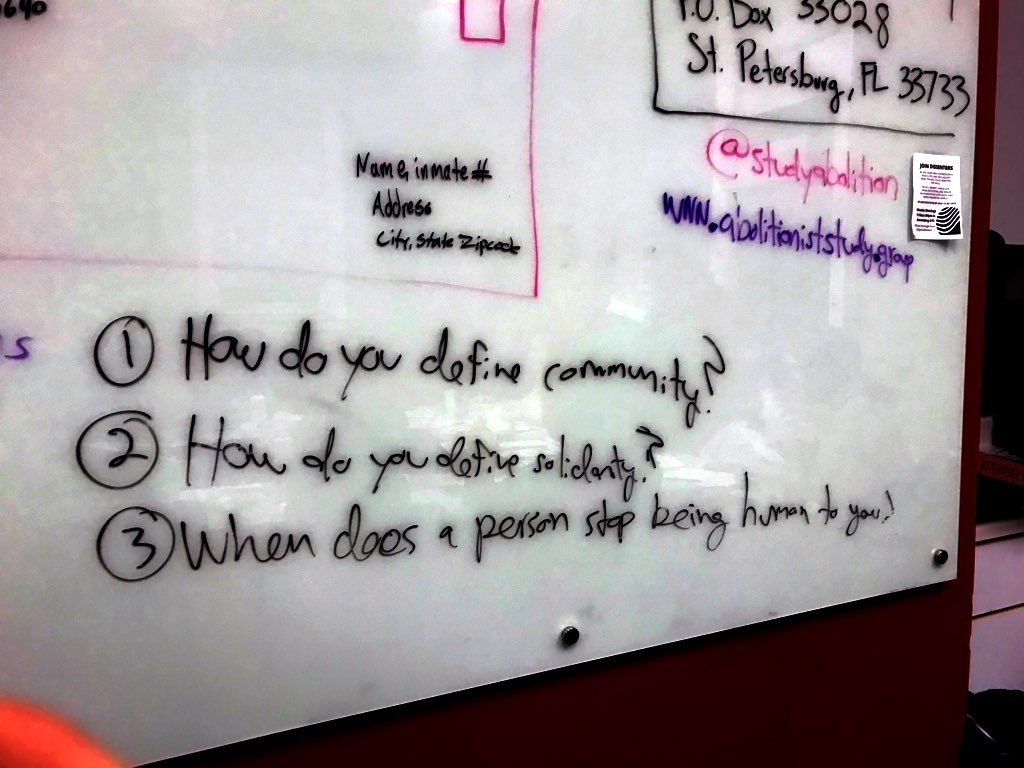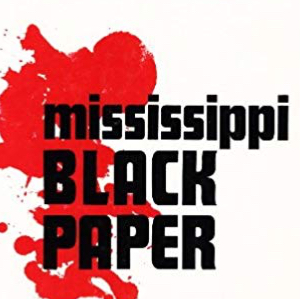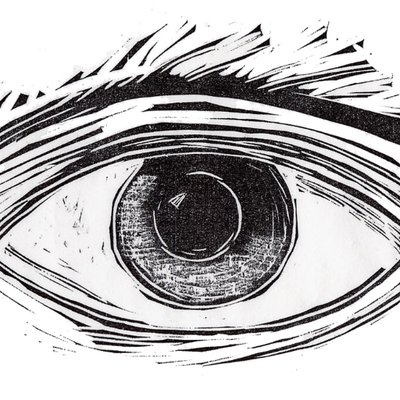“I told the guys how the students were successful in their demands and how that win positively impacts us. They thought what the students did was great and were surprised that young college folk in New York even cared. I told them how there is a whole movement out there that is fighting against the PIC and that all of us need to be involved”
Earlier today, I took a shower. The showers are four adjacent stalls. Three other prisoners were taking showers too. As usual, we struck up a conversation. This one was about how much prison has changed and is getting worse. One prisoner, who has been incarcerated twenty years, commented on the psychological and mental harm prison enacts upon us. He mentioned how it may not be as physically dangerous as it used to be, due to prisoners not harming each other as much as before, but it has become much more of a mind battle today.
He talked about the food and how the quality and quantity have gotten worse. He mentioned Aramark and how it has exploited the prison food service industry. Aramark gets the food service contract and reduces the meal portions. Then, it bids for the commissary contract. They feed us less and force us to buy commissary from them. Talk about creating a demand!
At this point, I saw a way to open a conversation about abolition. I told the guys about how last year I was contacted by a group of students at New York University who had taken over the main library and were protesting NYU’s dining services contract with Aramark. The students wanted NYU to cancel business with Aramark which profits off prisons. The students were able to connect what was happening to us, prisoners, to what was happening out there. I used this example to show how often the companies and interests groups that profit off the PIC and who exploit our schools and neighborhoods are one and the same. Only through joint efforts to confront these forces can we win.
I told the guys how the students were successful in their demands and how that win positively impacts us. They thought what the students did was great and were surprised that young college folk in New York even cared. I told them how there is a whole movement out there that is fighting against the PIC and that all of us need to be involved. This conversation became an opening to introduce abolition to people who had never heard of penal abolition. I look for times like this to introduce this work to people whom I feel should be not only concerned with it, but providing direction to it. Sometimes, all it takes is being aware of what is happening around us. These moments happen daily. We just have to be open to them.
Always,
Stevie

